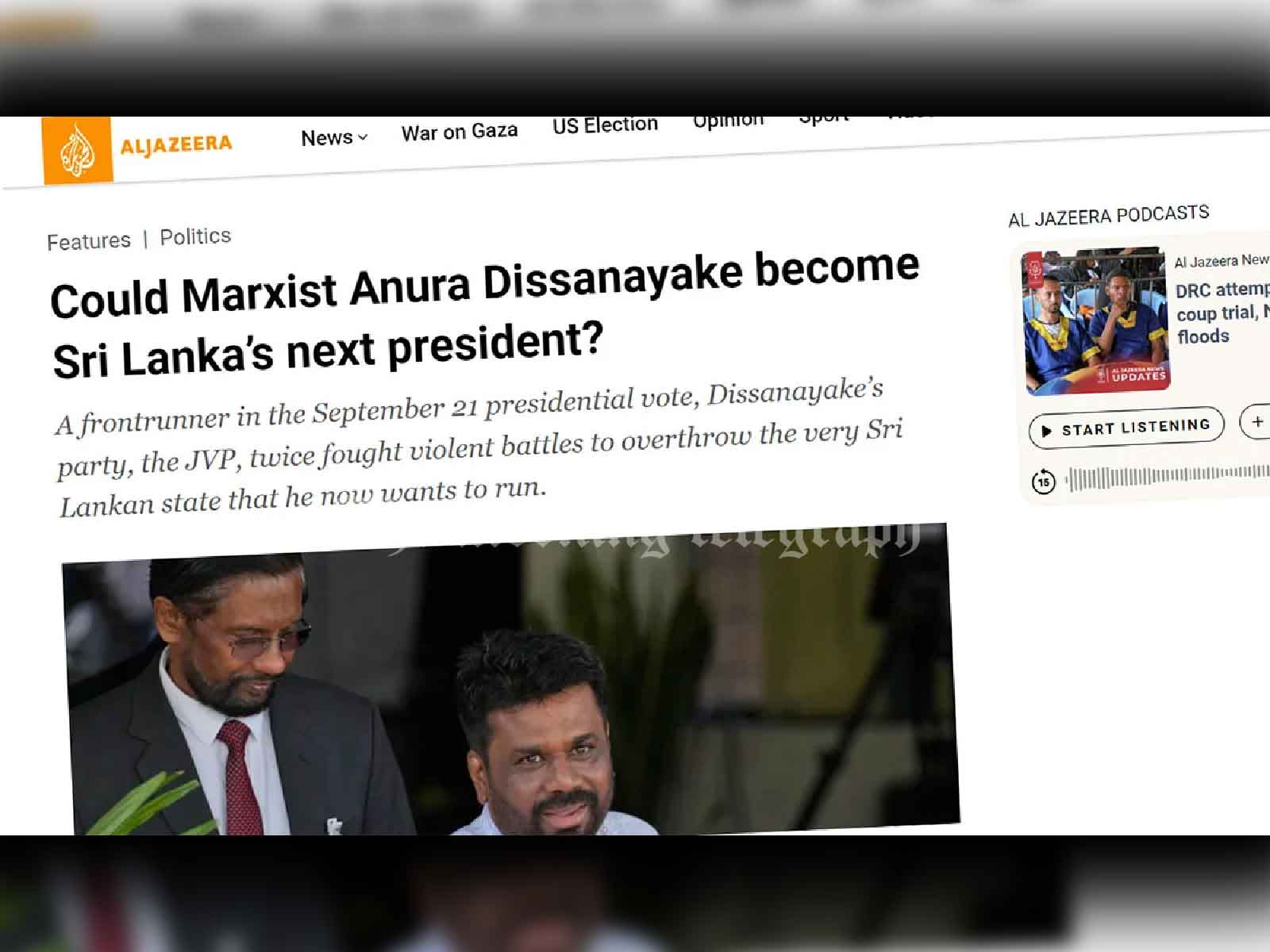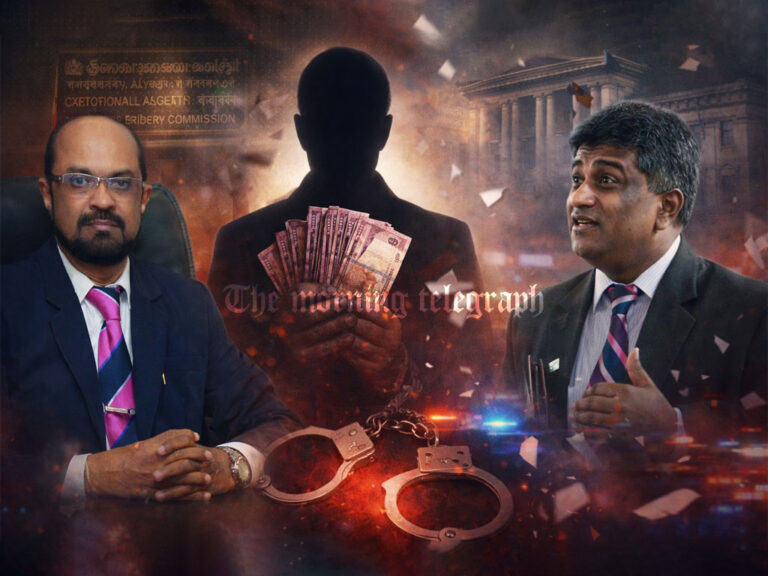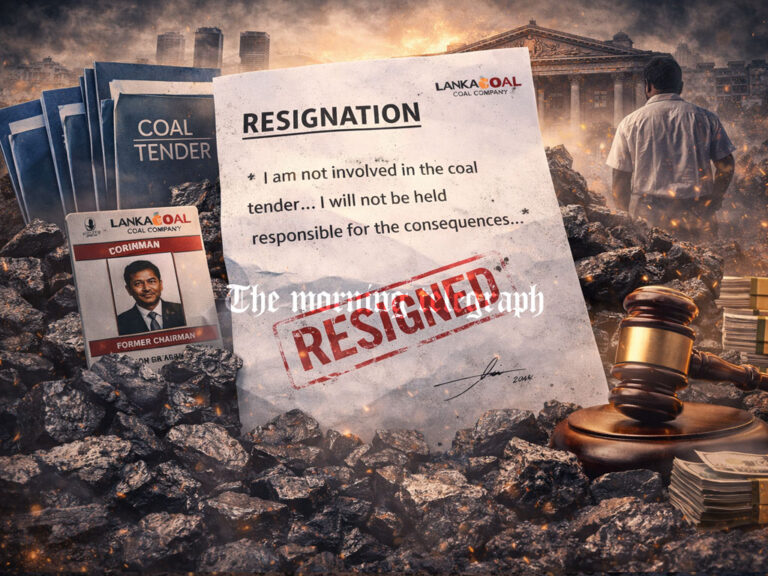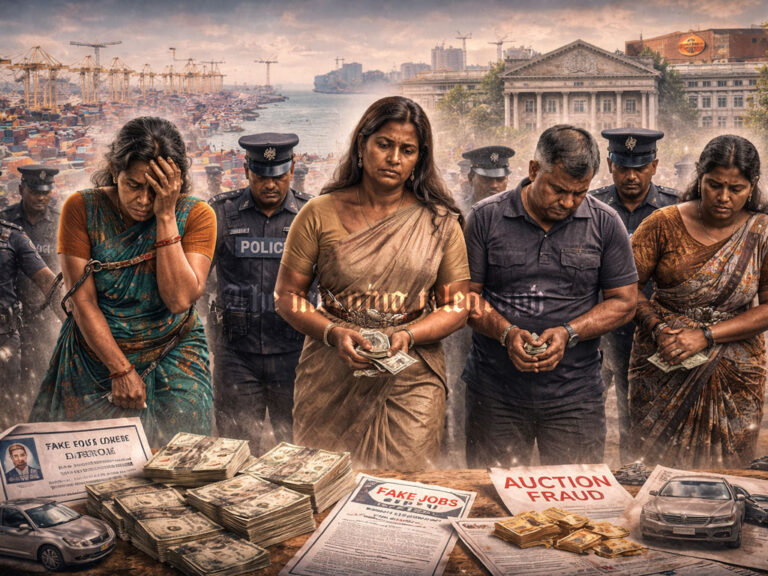
Colombo, Sri Lanka – September 2024: Anura Kumara Dissanayake, the leader of the Marxist-inspired Janatha Vimukthi Peramuna (JVP), is poised to become one of the most significant contenders in Sri Lanka’s upcoming presidential election on September 21. Despite his party’s tumultuous past—marked by violent uprisings and a shift toward democratic politics—Dissanayake is now at the center of attention as a potential frontrunner to challenge the nation’s entrenched political elite.
Dissanayake’s rise to prominence comes at a time when Sri Lanka is still reeling from the 2022 economic collapse that triggered mass protests against government corruption and mismanagement. His party, JVP, played a notable role in these protests, aligning itself with the frustrations of a population devastated by skyrocketing inflation and essential goods shortages.
From Insurrections to Elections
The JVP’s history is fraught with violent rebellion, with two failed insurrections—one in 1971 and another in 1988-89—aimed at overthrowing what the party saw as imperialist and capitalist regimes. However, the party has since transitioned from armed conflict to electoral politics, and Dissanayake has worked to distance the JVP from its bloody past. While he has publicly expressed regret for the party’s previous violent actions, critics still argue that the party’s transformation is incomplete.
Born in Thambuttegama in Sri Lanka’s rural Anuradhapura district, Dissanayake graduated with a science degree before becoming deeply involved with the JVP. His political career took off in 2000 when he became a member of parliament. In 2014, he was appointed the leader of the JVP, after which he has actively sought to reshape its image as a credible political alternative, emphasizing social justice and anti-corruption reforms.
A Surprising Contender for the Presidency
Dissanayake’s candidacy for the presidency is unique, not only because of the JVP’s Marxist roots but also due to the shifting political tides in Sri Lanka. While the country’s political scene has historically been dominated by two main parties—the United National Party (UNP) and the Sri Lanka Freedom Party (SLFP)—Dissanayake is attempting to break this duopoly.
In February 2024, Dissanayake visited New Delhi, a significant diplomatic move for a leader often perceived as being closer to China than India. The visit signaled that even regional superpowers are taking notice of his growing influence, despite the JVP’s relatively small presence in Sri Lanka’s 225-member parliament.
The 2022 Aragalaya and JVP’s Role
The turning point for Dissanayake and the JVP came during the 2022 Aragalaya (“struggle”), a mass protest movement that led to the resignation of then-President Gotabaya Rajapaksa. Although no political party officially led the movement, the JVP was a key player in the demonstrations, organizing daily protests and calling for general strikes that amplified the public’s discontent. This wave of activism propelled Dissanayake into the national spotlight, making him a viable candidate for broader reform.
Despite his Marxist roots, Dissanayake has adopted a more pragmatic economic policy. Once an advocate for socialist economics, he now promotes a pro-trade approach, focusing on simplifying tariffs, improving the business environment, and emphasizing the role of the private sector in growth. While he has expressed a willingness to work within the framework of the International Monetary Fund (IMF) agreement secured by President Ranil Wickremesinghe, he has also hinted at the possibility of renegotiating the deal to alleviate the burden on ordinary Sri Lankans.
Controversy Over War Crimes and Ethnic Tensions
While Dissanayake’s anti-corruption stance has won him support across various sections of society, including intellectuals, trade unions, and even some retired military personnel, his stance on war crimes and ethnic tensions remains contentious. During Sri Lanka’s civil war, the JVP supported the government’s military offensive against the Tamil Tigers, a position Dissanayake does not regret. However, he has ruled out any formal investigation into alleged war crimes, instead advocating for a truth and reconciliation mechanism.
This position has alienated some Sri Lankan Tamils and human rights advocates, who have long called for accountability over atrocities committed during the conflict. Dissanayake’s critics argue that his party’s commitment to a “unitary state” and its historical ties to Sinhala Buddhist nationalism cast doubt on his claims of unity and inclusivity.
Breaking the Political Monopoly
For Dissanayake to win the presidency, he will need to break the stranglehold of political families like the Rajapaksas and Premadasas, who have dominated Sri Lankan politics for decades. Despite the odds, some polls suggest that Dissanayake is a serious contender, even as he faces competition from familiar faces like Namal Rajapaksa and Sajith Premadasa, as well as the incumbent President Wickremesinghe.
Gamini Viyangoda, a political analyst and writer, believes Dissanayake’s appeal lies in his perceived honesty. “I see he is honest in attempting to change the system,” Viyangoda said. “When he says he’d close the doors to corruption, I believe he means it.”
As Sri Lanka approaches its presidential election, Anura Kumara Dissanayake represents a break from the status quo. His candidacy, while controversial due to the JVP’s history and its ambiguous stance on ethnic and civil war issues, offers a radical departure from the country’s entrenched political elite. Whether Sri Lankans are ready to embrace a leader with a Marxist past and a promise of systemic change will soon be revealed as the nation votes on September 21.
See original post is Here




